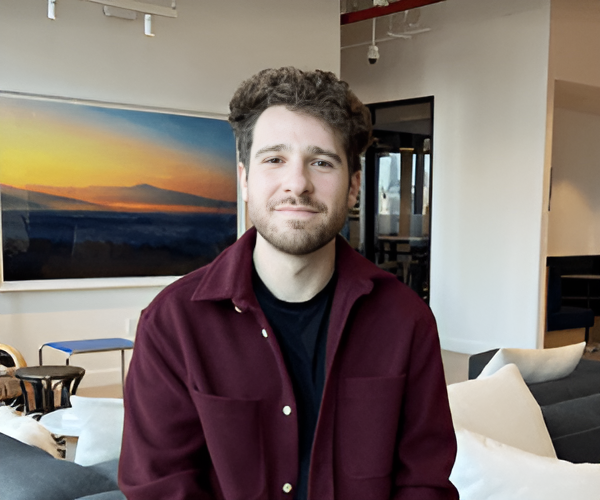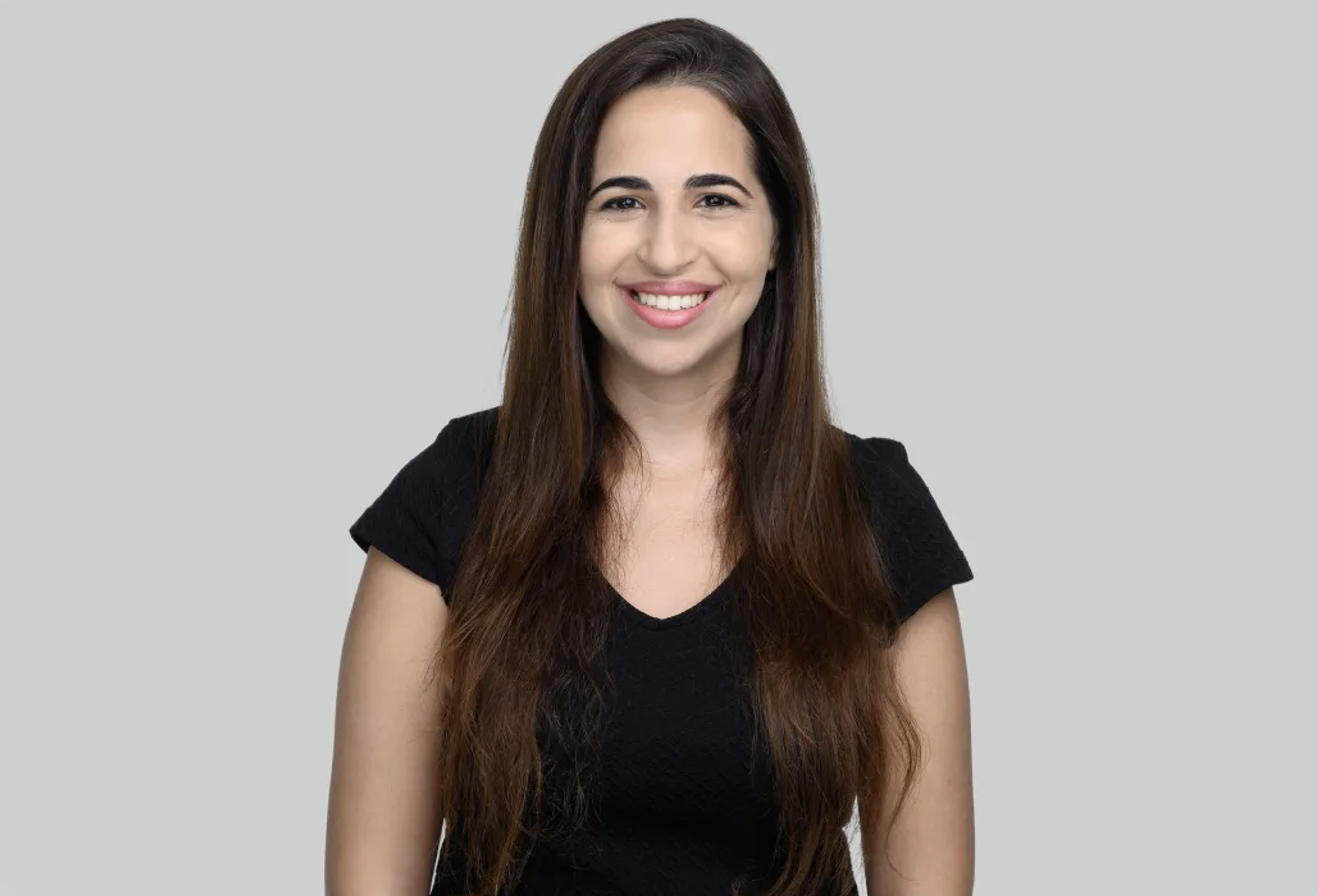Chainalysis is a titan in the crypto industry. The company was founded in 2014, and initially focused on Bitcoin data analysis. It has since become renowned for offering sophisticated compliance and investigative software to a wide array of clients, including major banks, enterprises, and government agencies worldwide. Expanding beyond Bitcoin, Chainalysis now deals with a variety of leading cryptocurrencies, playing a critical role in financial regulation and risk management in crypto.
Additionally, Chainalysis has become instrumental in assisting law enforcement agencies, using their advanced tools and insights to detect and disrupt illicit activities conducted through cryptocurrencies, such as money laundering and fraud. Chainalysis has been a fundamental player in enhancing the security and integrity of the crypto landscape.
We recently sat down with Leena Mooneeram, a Senior Engineer in the Platform team at Chainalysis, to learn more about what it’s like working at the category-defining company. In our conversation, we discuss her journey to becoming a Chainalysis engineer, her upbringing in the software world, and what life is like as an engineer at Chainalysis.
Interview
How did you get started in software engineering?
My first degree is in economics. When I graduated there was an appetite for transforming business graduates into engineers, driven by a demand for individuals with both business and technical skills. My career since then has been a mixture of engineering and management roles, both of which I’ve enjoyed. This flexibility and variety have been key in advancing my career and expanding my skills.
One of my first jobs after university was with one of the UK’s then largest communication companies, where I was part of a development team. They provided training in languages like Java, and that’s where my coding journey began. I went on to complete a Masters degree in Information Systems Engineering but I’ve predominantly learned on the job. Since then, I’ve moved between management and development roles, but I’ve always loved the technical aspects of any role.
From your point of view, especially being an economics graduate, how important do you believe a traditional Computer Science education is for a career in software engineering?
One of the great things about tech and software engineering is that they are very accessible. A computer science degree is not always necessary. There are so many online resources and remote learning opportunities available. I’ve always loved that ultimately in tech, you’re evaluated on what you can do rather than solely on your degree type or classification. Also working in tech, by default, means a career of lifelong learning. It doesn’t stop when you leave university or college. Languages and frameworks evolve, and new tools become available. I continue to learn every day.
Walk us through some of the steps that took you to your current position at Chainalysis.
Before Chainalysis, I was working at a company called Currencycloud, which Visa recently acquired. I worked within their Developer Experience team, helping to reduce friction for engineers across the development platform. In 2022, Chainalysis was starting to focus more strongly on the engineer experience and was spinning up a new Developer Productivity team. I was fortunate enough to be approached by the company to be part of that team.
What exactly does the Developer Productivity team do, and how does it contribute to the engineering process?
The Developer Productivity team has now transitioned into a wider Platform team. It focuses on creating a stable and usable developer platform to enable engineers to create and deliver new features smoothly, and with as little friction as possible.
We try to look for and mitigate, pain points in the engineering process at Chainalysis. This could be something as simple as automating a repetitive task or as complex as providing ephemeral infrastructure on demand. With developer experience in mind, we try to abstract away complexities where we can and minimize the cognitive load on our engineers. This allows engineers to focus on delivering their planned features rather than, for example, having to support their team’s infrastructure or debug their deployment pipeline.
A good developer experience creates a positive engineering environment. It moves us towards more frequent, more reliable, and more secure code deployments. A good developer experience can also contribute towards happier and more productive engineers, with less context switching and minimal blockers to production.
How does one measure the developer experience?
The impact of developer experience initiatives can be assessed qualitatively by seeing changes in how engineers feel about the platform and the experience. We’ve often used tools such as engineering-wide questionnaires and conversations with individual engineers. We also have a DevProd Ambassadors program where each member of my team is buddied with feature teams across engineering. This helps us create long-standing relationships with the feature teams and be aware of the state of their interaction with the platform.
The impact can also be inferred through feature adoption metrics as well as the use of some well-established quantitative frameworks. For example, we may be able to see the impact of developer experience initiatives as changes in the DORA metrics (Deployment Frequency, Lead Time for Changes, Change Failure Rate, Mean Time to Recovery).
What do you consider to be the biggest challenge in your day-to-day role?
For me personally, balancing ad-hoc support requests with planned development is challenging. It requires a constant effort to limit the potential of being sidetracked by issues and focus on long-term improvements whilst still being responsive to engineers.
What about Chainalysis in particular, what would you say are some challenges you are facing in the developer productivity org?
As a Platform team, we’re looking to build a common set of tools and integrations for Chainalysis engineers. It’s inefficient and time-consuming to build and maintain a platform catering to every programming language and every stack. Instead, we need to be opinionated and strike the right balance between engineer autonomy and an opinionated platform. Not too opinionated that it alienates engineers and stifles creativity but opinionated enough that it helps make the right thing to do, the easiest thing to do.
What makes the engineering team at Chainalysis different, or what have been some surprises and learnings during your time there?
I’m enjoying working within engineering at Chainalysis. There are so many great engineers focused on delivering fantastic products for our customers. It’s been great to see how accessible and receptive the Leadership team is to suggestions and input. We’ve grown significantly over the past couple of years but engineering has managed to still retain that responsive and creative start-up feel.
Related Articles
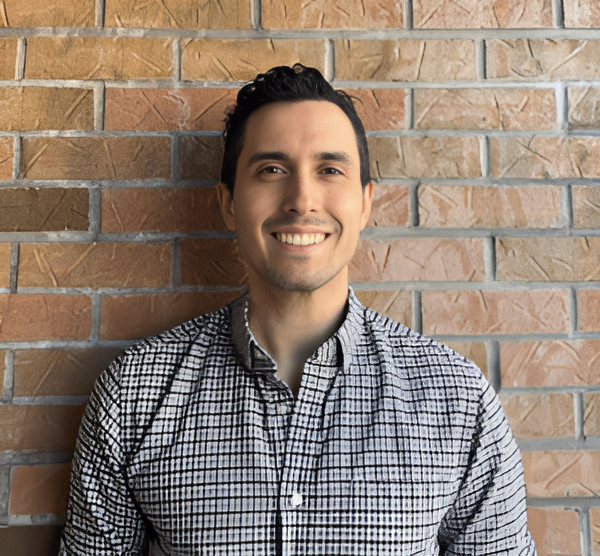
A Day in the Life at Aktos with Alvaro Atienza
Crew Capital recently sat down with Alvaro Atienza, Staff Site Reliability Engineer (SRE) at Aktos, to learn more about what…
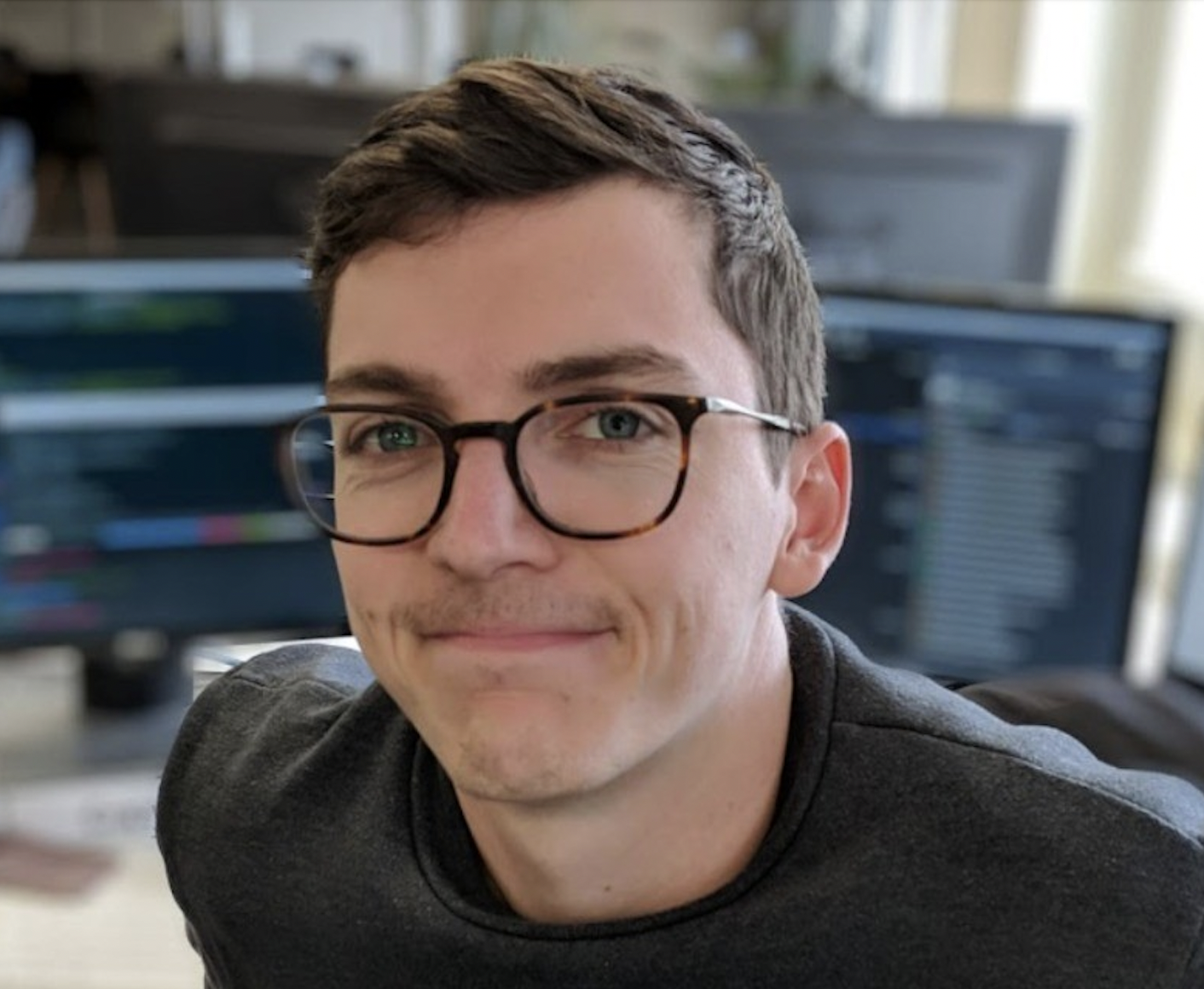
Inside MaintainX: A Day in the Life of Staff Engineer Philippe Tessier
We recently sat down with Philippe Tessier, Staff Engineer at MaintainX, to learn more about what it’s like working at…
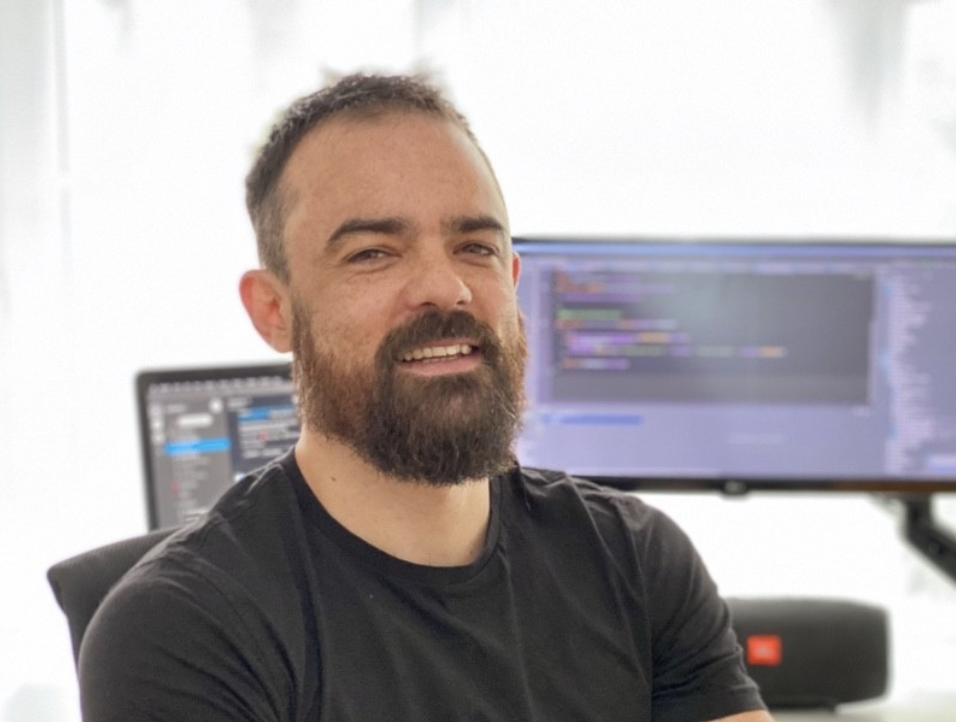
Inside Hook: A Day in the Life of Engineering Leader Nic Parry
We recently sat down with Nic Parry, a Senior Software Engineer at Hook, to explore what it's like working at…






